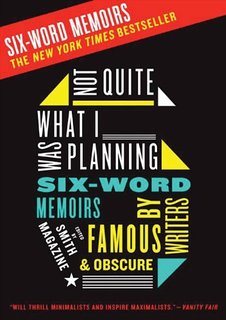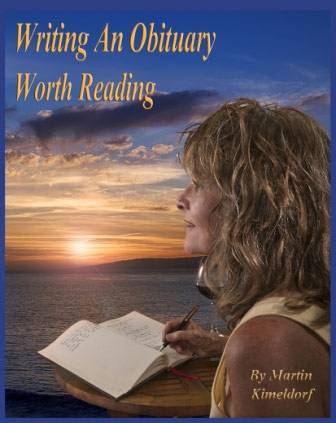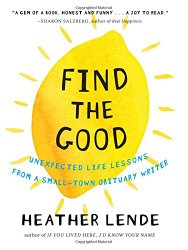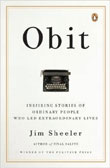Death Doulas and Death Cafés
Brandon Sun, April 1, 2019
David McConkey
We know that we should be more open and more prepared for death. After all, it is inevitable at some point. We, our families and society in general benefit from frank discussion and advance planning. But there is no convenient time; the topic can easily be put off. Fortunately, two new opportunities to deal with this fact of life are making more of an appearance: the death doula and the Death Café.What is a death doula? I sat down with Chris Cross to find out. Cross is a retired registered nurse who has turned her passion for helping others into a vocation as a death doula. The word “doula” comes from Greek for servant or helper. Much as a midwife or birth doula helps with our entrance into the world, a death doula helps with our exit.
The death doula serves in a non-medical role. There is no standard certification, although doulas enroll in appropriate courses. In her case, Cross has a certificate in contemplative end-of-life care, which she obtained through classroom instruction in Calgary from the Toronto-based Institute of Traditional Medicine.
Cross’s passion was fueled by conversations she had with dying patients during her three decades as a nurse. Particularly moving for her, Cross says, were the personal stories told by folks who had experienced more traditional and basic approaches to death. “They dug their grandparents’ graves.”
A death doula provides continuous support to a dying person and their family before, during and after death. In outlining a doula’s work, Cross weaves a description that deftly mixes a practical with a caring approach. Planning ahead with a doula – like completing a health-care directive – takes away some of the worry beforehand and frees people to live more fully right now. Planning ahead also increases the chance that a death can be “a comfortable and peaceful transition.” After death, the doula “gives the family’s grief a soft place to land.”
Her interest in the subject led Cross into exploring the Death Café. The idea was originated by Swiss anthropologist Bernard Crettaz in the early 2000s. In 2011, Jon Underwood developed the concept into an organization headquartered in the U.K.
“At a Death Café people drink tea, eat cake and discuss death,” the organization says on its website. “Our aim is to increase awareness of death to help people make the most of their (finite) lives.”
The Death Café name and model can be used – at no charge – by anyone in the world as long as a few guiding principles are followed. A Death Café must be non-profit and be a space for open, respectful and confidential discussion. Furthermore, a Death Café must not be for grief support, for counselling, or for leading participants to any belief or course of action. The notion has been wildly successful: 8,000 Death Cafés have already taken place in 65 countries.
Cross has facilitated seven Death Cafés and she plans more in various Westman locations. Those attending the two-hour events have ranged in age from their 20s to their 80s. My wife and I have gone to two and have found the conversations to be warm, fascinating and – at times – filled with laughter.
Reflecting on working as a death doula and on facilitating Death Cafés, Cross has been surprised by the great interest. In today’s overwhelming and impersonal world, death has a special poignancy. Paying more attention to the journey of dying and death can bring us in touch with something grounded and fundamental. Everyone is going to die. Being more open and more prepared can allow into this basic human reality more “loving care and kindness.”
* *
*
See Also:
The Changing Conversations About Mortality
Advocating for Those at the End of Life
Ways to Leave a Legacy
Helping Families Deal with Death "Most Satisfying Work" for Funeral Celebrant
The Changing Conversations About Mortality
Advocating for Those at the End of Life
Ways to Leave a Legacy
Helping Families Deal with Death "Most Satisfying Work" for Funeral Celebrant
More From Obituary Guide:
- Writing Your Own Obituary Offers Chance for Reflection
- How to Write a Legacy Letter (Ethical Will)
- A Family History Writing Workshop
- Helping Families "Most Satisfying Work" for Funeral Celebrant
- Be Prepared: Will, Health Care Directive (Living Will), and More
Books You May Find of Interest:
Not Quite What I Was Planning:
Six-Word Memoirs

Writing an Obituary Worth Reading:
A Guide to Writing a Fulfilling Life Review

Find the Good:
Unexpected Life lessons From a Small-Town
Obituary Writer

Having the Last Say:
Capturing Your Legacy in One Small Story

Obit:
Inspiring Stories of Ordinary People Who Led Extraordinary Lives
For All Time:
A Complete Guide to Writing Your Family History

Thrive:
The Third Metric to Redefining Success and Creating a Life of
Well-Being, Wisdom, and Wonder

Press Ctrl + D to Bookmark this page

